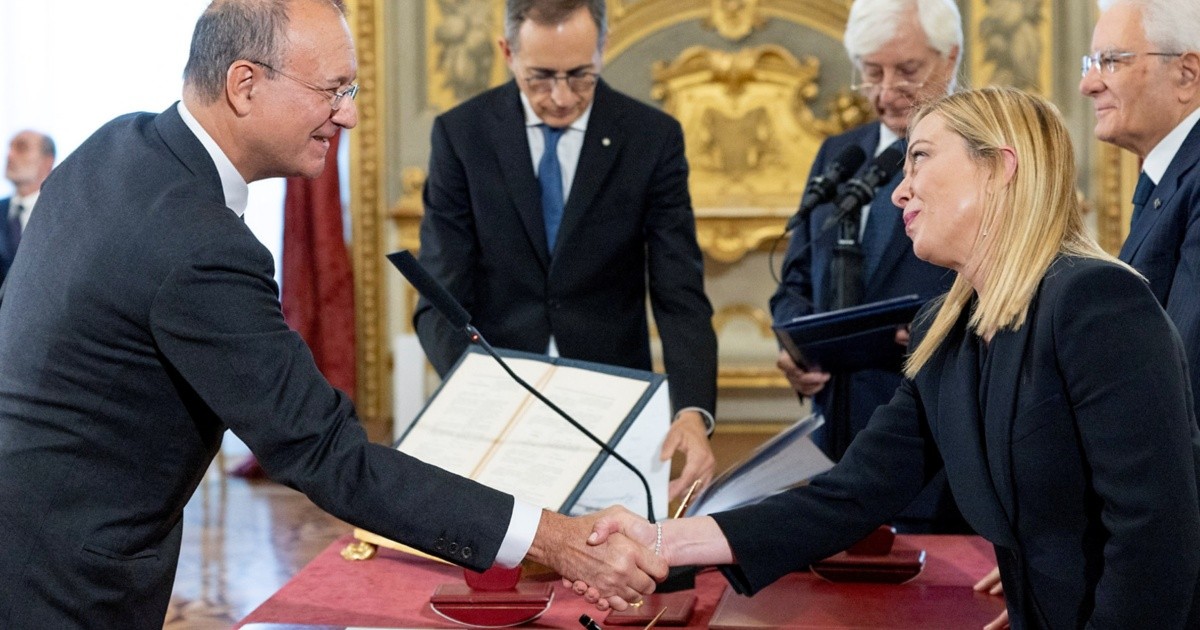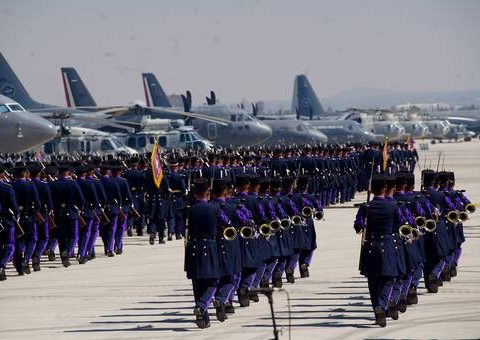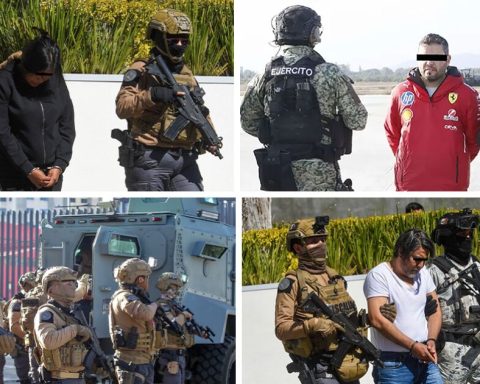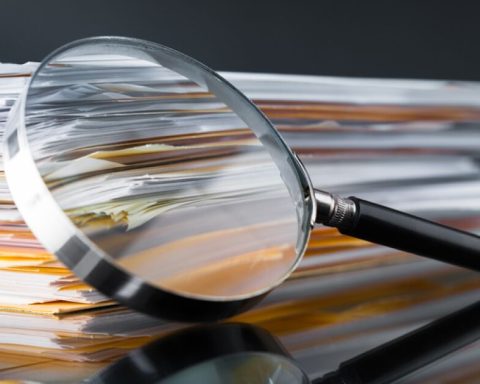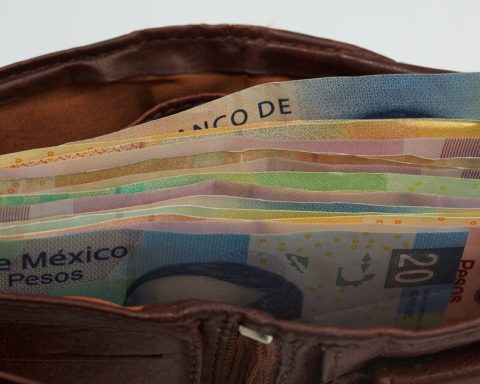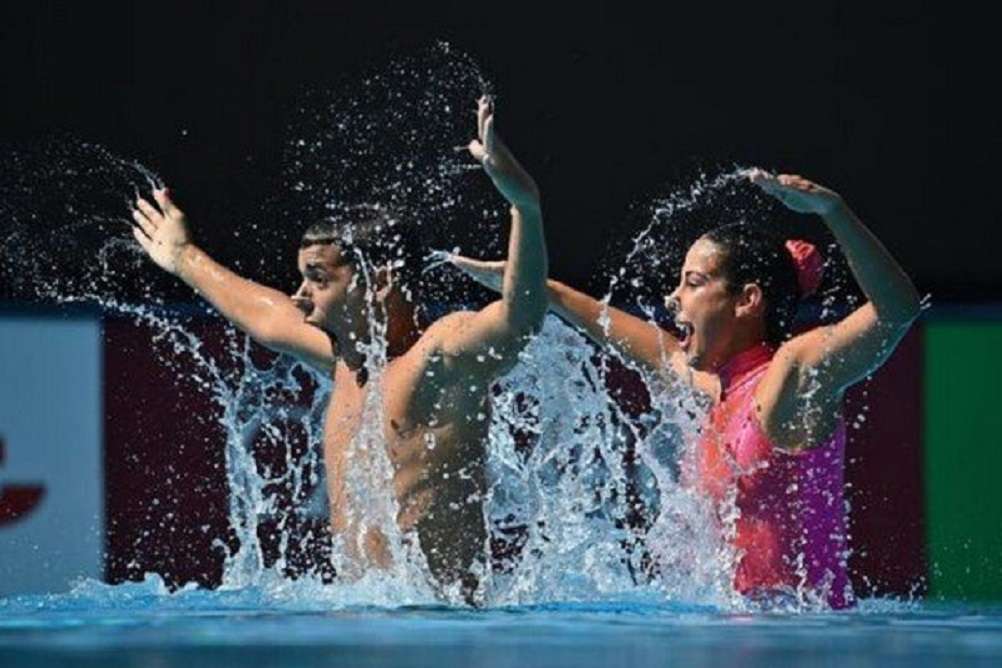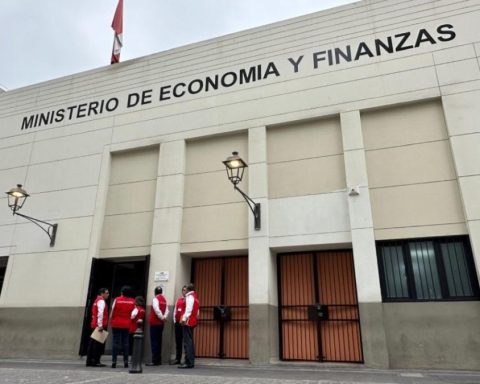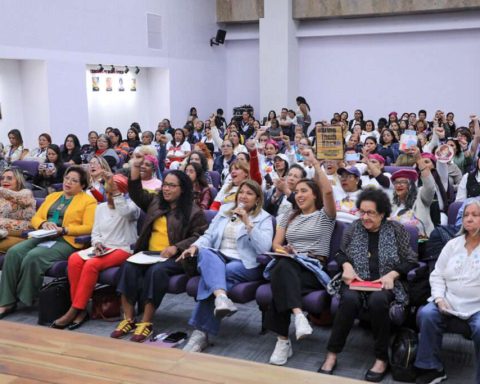the extreme right Giorgia Meloni appointed this Saturday a government that shows its willingness to remain on good terms with the European Union (EU), which in turn indicated its intention to “cooperate” with the new executive in Italy.
Meloni appointed Antonio Tajani, former president of the European Parliament, as Minister of Foreign Affairs and Vice Prime Minister, and put Giancarlo Giorgetti, representative of the moderate wing of the League and minister with Mario Draghi, at the head of the crucial Economy portfolio.
Those appointments were seen as an attempt to calm the concern provoked among Italy’s partners by the coming to power, in a founding country of the EU, of the most right-wing government since the end of World War II and of leaders with a history of public statements. Eurosceptics.
The message was well received in Brussels.
“Congratulations to Giorgia Meloni on her appointment as Prime Minister, the first woman to obtain that position,” said the President of the European Commission (EU Executive), Ursula von der Leyenadding that he looked forward to “constructive cooperation” with his government.
Along the same lines were the President of the European Council, Charles Michel, and the President of the European Parliament, Roberta Metsola.
Von der Leyen later said she had a “good” phone conversation with Meloni, adding: “We will work together to address the critical challenges of our time, from Ukraine to energy.”
German Chancellor Olaf Scholz also congratulated her on Twitter, adding: “I look forward to continuing to work closely with Italy in the EU, NATO and the G7.”
fruitful cooperation
Meloni, Atlanticist and in favor of supporting Ukraine, had to deal this week with the statements of his government partner and leader of Forza Italia, former Prime Minister Silvio Berlusconi, after he announced that he had “resumed” contacts with the Russian president. , Vladimir Putin, and blamed kyiv for the war.
The new prime minister felt compelled to clarify on Wednesday that Italy “is a full and head held part” of the EU and NATO.
US President Joe Biden said on Saturday that he “expects” to continue to provide Italy with “support for Ukraine and to hold Russia accountable for its aggression.”
Ukrainian President Volodimir Zelensky said on Twitter that he hoped to maintain “fruitful cooperation” with Italy “to ensure peace and prosperity in Ukraine, Italy and the world.”
Meloni tweeted in response: “Italy is and will always be on the side of the brave people of Ukraine who are fighting for their freedom and for a legitimate peace. They are not alone!”
NATO Secretary General Jens Stoltenberg also congratulated Meloni and assured, like other leaders, that he hopes to start working with her.
Limited room for maneuver
The 45-year-old Roman leader won a historic victory in the legislative elections on September 25, after cutting the most controversial edges of her party, Brothers of Italy. A strategy that brought her to power exactly a century after the rise of the fascist dictator Benito Mussolini, of whom she was an admirer.
Matteo Salvini, leader of the League, a far-right and anti-immigration formation in coalition with the Brothers of Italy, received the position of deputy prime minister in the new government, although he will have to settle for the Ministry of Infrastructure and Transport instead of the Interior he wanted.
Meloni’s new executive -24 ministers, including six women- will have to deal with the numerous challenges that Italy has ahead, especially economic ones.
Shortly after her appointment as prime minister on Friday, she posted a tweet presenting her government as “a senior executive who will be able to work quickly to respond to emergencies for the nation and its citizens.”
Rome’s room for maneuver is limited by a huge public debt of 150% of Gross Domestic Product (GDP), the highest proportion in the euro zone after Greece.
